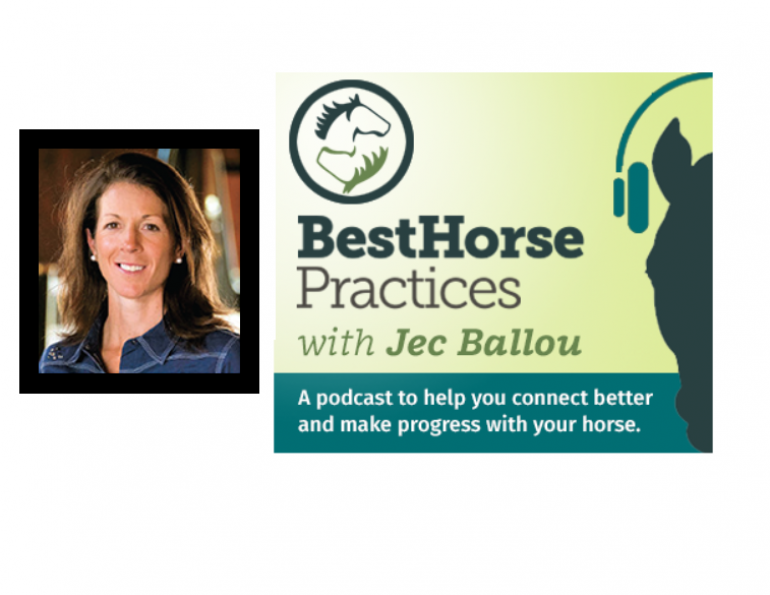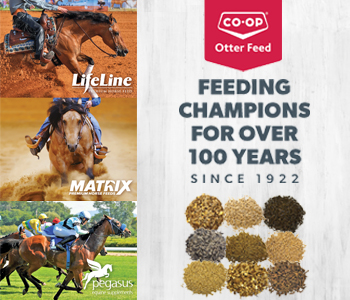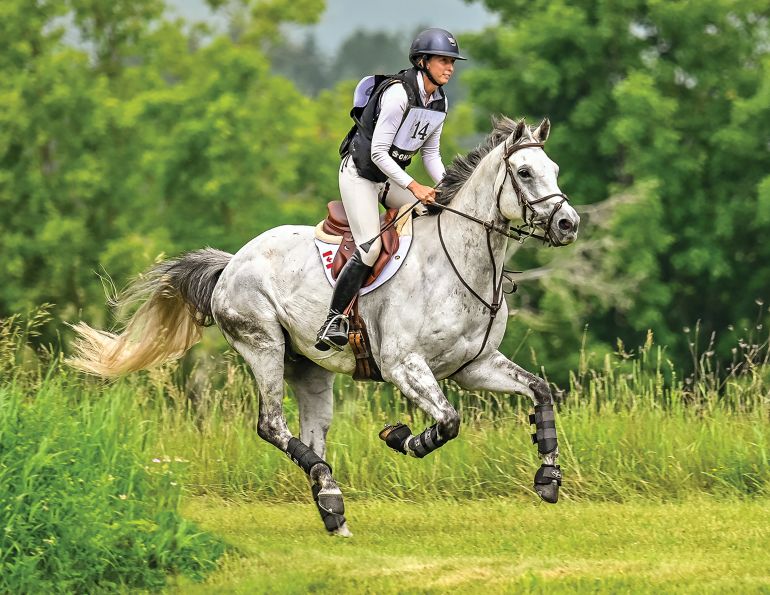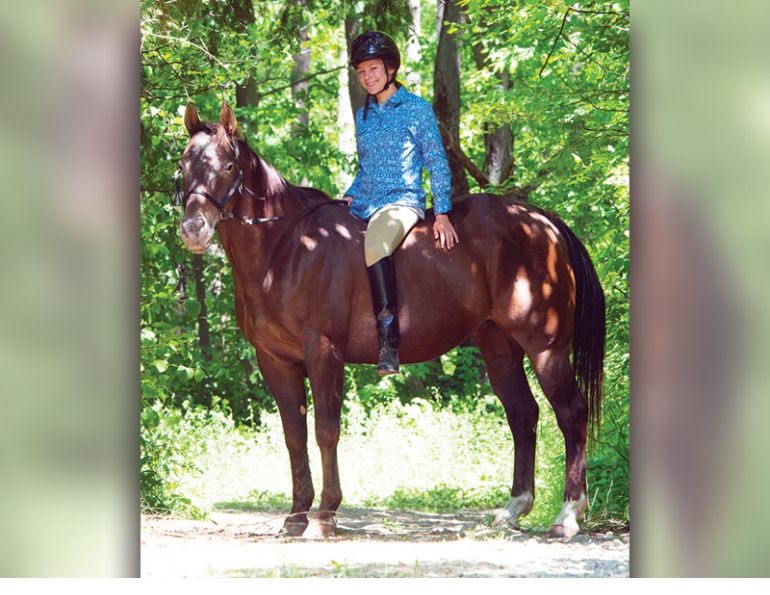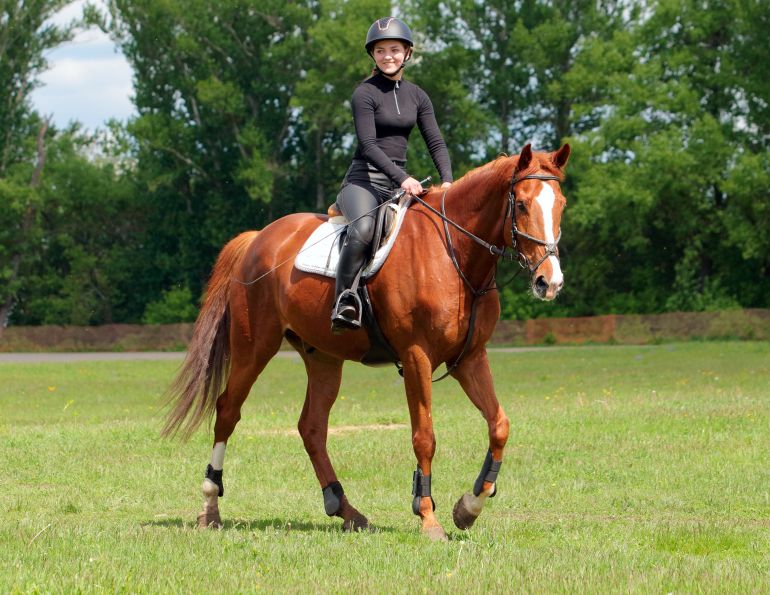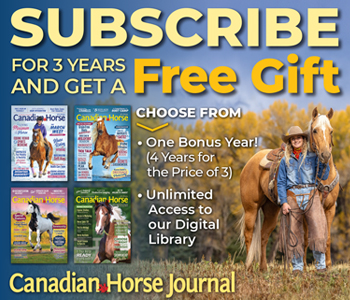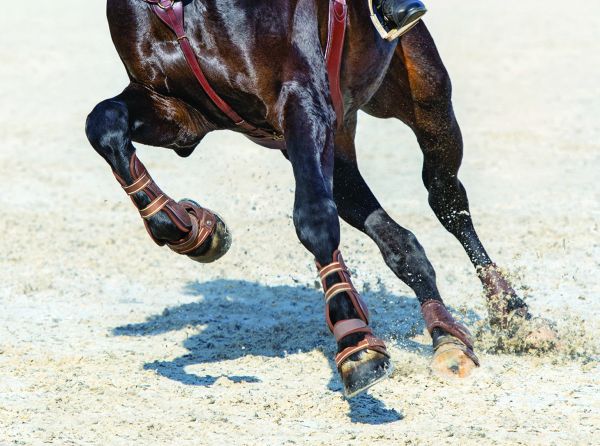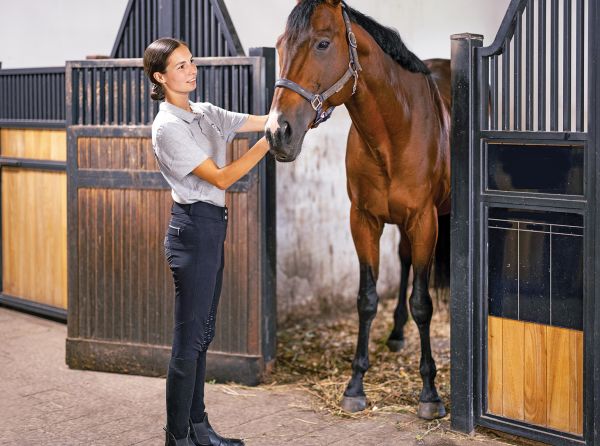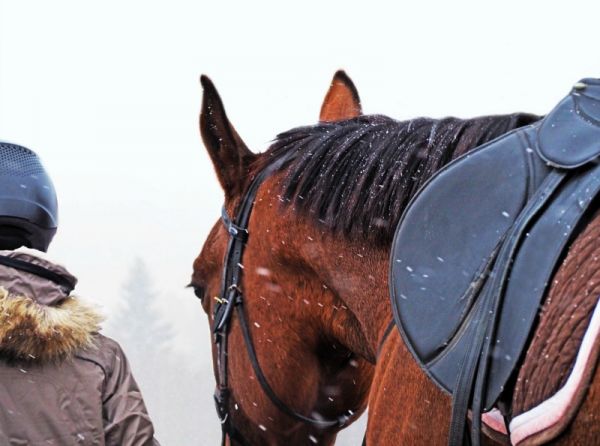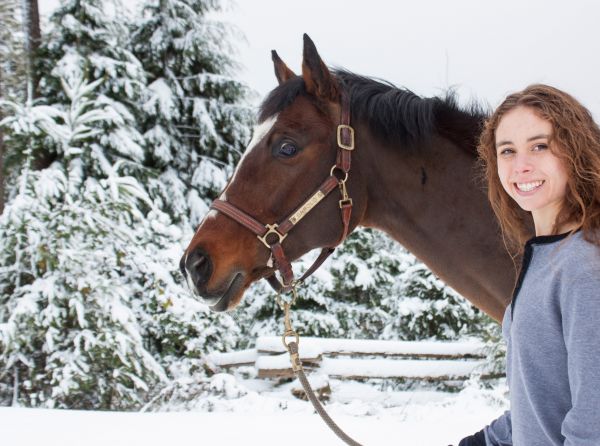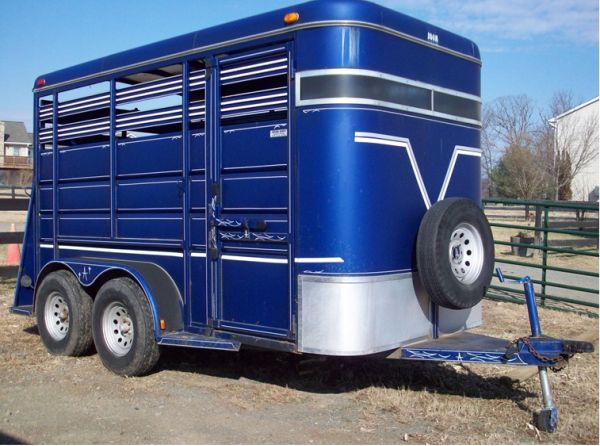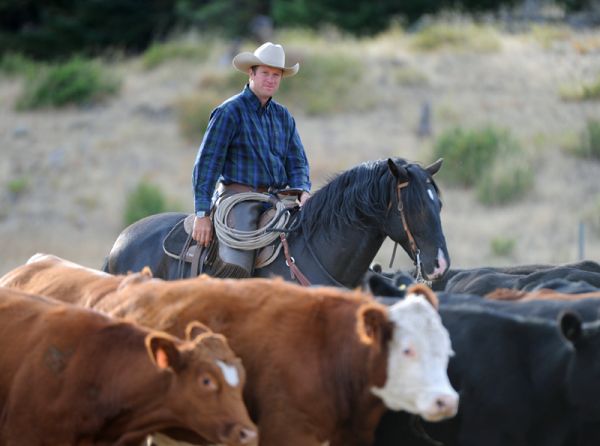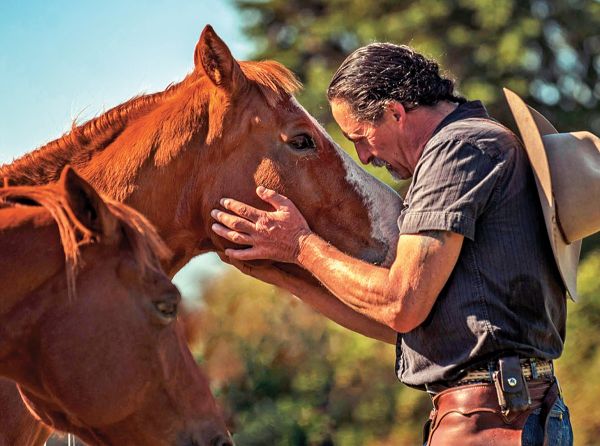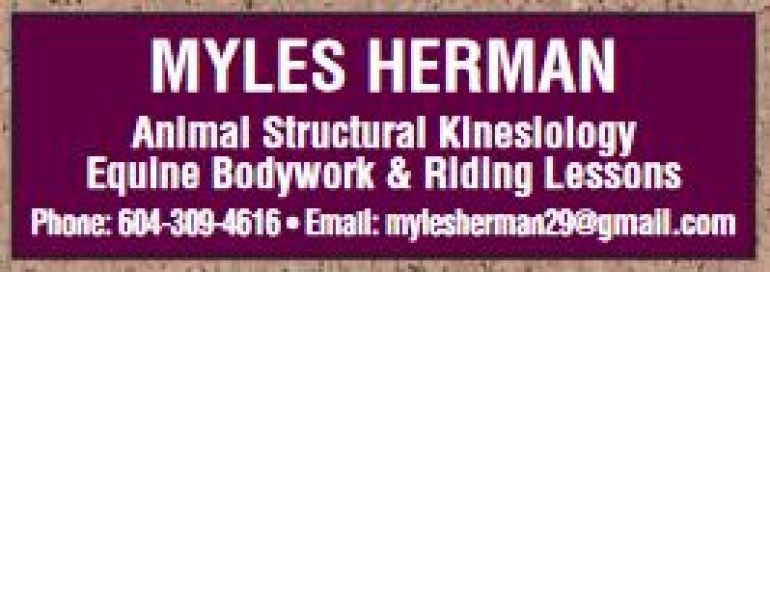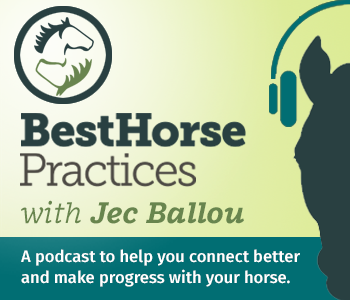How to Bounce Back
By Annika McGivern
As I sit down to write about burnout, I step back through time into memories of moments where I felt overwhelmed by frustration, exhaustion, and an agonizing feeling of not achieving. A feeling of not measuring up to expectations. When I was in this mental place, every unsuccessful show and difficult ride left me feeling stressed, anxious, and like a failure. The thoughts, Why do I do this? and I can’t do this any more! played on repeat in my head. I was spending so much time and money and I wanted success badly. Yet, looking back I can now see how the harder I tried to force success, the more stressed I became, which left me drained and unable to ride to the level I was capable of. With the benefit of hindsight and years of studying psychology, I now know that I burnt out several different times in my competitive riding career. At the time, with no word to explain my experience, it just felt like hitting a wall that I had neither the physical nor mental strength to push through.
If any of this experience sounds familiar to you, it’s important to recognize that burnout is essentially the body’s way of trying to protect you. Think of it as a message from you, to you. The message is saying something like: Slow down and look after yourself please - you cannot sustain this much longer. If we can listen to this message and make some small yet powerful adjustments, we can lead ourselves back from burnout and towards a better, more sustainable way of living and riding.
Burnout is defined as a psychological syndrome that develops in response to a prolonged experience of stress. It is experienced as profound exhaustion, a feeling of no longer caring or feeling detached from things you used to love, and a sense of ineffectiveness or lack of accomplishment. If this article has resonated with you so far, you’re not alone. The highly demanding nature of equestrian sport, and the equally demanding nature of building or running a business in the equestrian industry, creates conditions that are very likely to lead to burnout. Long hours, unpredictable challenges, and many elements beyond our control all increase stress, and when we battle stress for a long time we eventually hit that wall.
Adjustment #1: Rest, balance, and prioritize yourself

Photo: iStock/Jack F
The first step in recovering from burnout is giving yourself permission to rest. Take a day or two away from the barn and try to get a few extra hours of sleep. Do something simple that you love to do but haven’t done in forever. Grab a coffee with a good friend. Sit down and watch Netflix for an entire afternoon. Do not skip this step! You cannot do the mental work of recovering from burnout until your body has had a chance to rebalance. If you are reading this right now and immediately thinking of a million reasons why you can’t take a day off, then consider this: The best thing we can do for our horses, our relationships, and our jobs is to prioritize our own health and well-being. We cannot and will not show up as the best riders, parents, friends, business owners, or employees we can be when we are physically and mentally exhausted. Allow yourself a timeout to rest and regroup. Then ask yourself this question: What do I need to give myself permission to do differently to allow for more rest, balance, and recovery in my life?
Related: The Two Faces of Perfectionism in Horse Riding
Adjustment #2: What is the point?

Photo: Shutterstock/Hedgehog94
One of the most challenging symptoms of burnout is feeling detached from things that are important to us. This is often experienced as a profound drop in motivation and feelings of pessimism and cynicism about the future. In these moments the question, What is the point of doing this? comes from a place of hopelessness, yet it is the exact question that we need to think more about to find our way forward. What is the point? Why do you ride, coach, train, or run a barn? Burnout can follow when pressure disconnects us from the values that drew us to the equestrian industry in the first place. As the pressure mounts to be an excellent rider who gets results, to coach students to success, and to build a profitable business, our focus strays farther and farther from what sparked our love of horses in the first place. We begin chasing the results and outcomes, instead of being present in the day-to-day process that gets us there. Ironically, a high focus on winning and proving one’s ability as a rider typically leads to higher stress and lower performance. In contrast, when we focus on falling in love with the day-to-day process of improving ourselves and our horse, regardless of performance, riders experience lower stress and ultimately perform better. So, what is the point for you?
Suggested Exercise: Write down a list of everything that you love or that brings you happiness about riding, coaching, or running your business. Have a look at the list and think about how you can support yourself to connect to these reasons daily. It might seem silly, but this simple exercise is a powerful way to ground ourselves back to why horses, and a life with horses, matters to us. There is power in taking ownership of your choices and connecting back to the deeply held values that brought you to those choices in the first place.
Related: Training Our Minds to Cope with Unexpected Challenges
Adjustment #3: Expectations

Photo: Shutterstock/Denise Andersen
The final symptom of burnout is an agonizing feeling of not achieving, which drives the previously mentioned sense of hopelessness. When I hear from my clients that everything is feeling too difficult, I remind them that I know they love a challenge because if they didn’t, they wouldn’t be riding horses. When we become tired and stressed, we forget that growing through challenge is at the heart of what we love about horses. After all, if we wanted easy we would be spending our hard-earned money on holidays to Mexico instead of farrier bills and shavings! Choosing a life in the horse industry means we are choosing a certain amount of struggle. Burnout is less likely when we can expect struggle and accept it as a sign that we are doing challenging things and growing a whole lot as a result. Equally, it is important that we do not expect ourselves to be superhuman. Long working hours and relatively little self-care is highly normalized in the equestrian industry. Consider what you can do to challenge these norms by prioritizing more balance, self-care, and fun. Doing so, even a little bit, will open the door for others to do the same.
Suggested Exercise: Practice finding small moments of achievement in a beautifully balanced transition, a client clicking with the new horse you helped them find, or a small step forward in your business. The truth is we all achieve things every day, yet many of us have conditioned ourselves not to acknowledge these small but important steps of progress. Capture these moments for yourself either through journaling or by sharing them with a partner or colleague each day.
Less stick, more carrot
If you want a horse to move in a particular direction, you could chase him forward with a stick or coax him forward with a carrot. Both would no doubt work, but only one would build a strong connection with him in the long term. Now, imagine that your drive and love of horses is that horse. If you chase yourself forward towards your goals with unrealistic expectations, harsh self-criticism, and fear, you will feel more and more disconnected from that drive and love, inviting burnout. However, if you coax yourself forward with realistic and reasonable expectations, kind words, trust, self-belief, and appropriate rest, your connection to your own drive and energy source will strengthen and deepen with time in a way that makes you unstoppable.
So, the good news is that burnout is not an inevitable outcome of a busy life in the equine industry. However, thriving amidst the challenges of this lifestyle does require strong self-management skills. If you experience symptoms of burnout, remember to listen to the message your body and mind are sending you. It is likely that change is needed. Regardless of how you are feeling, I encourage you to act today to build a little more rest into your routine, remind yourself of what values lead you to choose a life in the equestrian industry, and practice the skill of self-compassion with the same determination you once applied to learning how to canter. Prioritizing a healthy body and mind allows us to rise to the challenges of our industry instead of feeling crushed by them.
Remember, tomorrow is always a new day with fresh opportunities. Regardless of how much burnout you have experienced in your past, there is a future with more joy and balance in the equestrian industry ahead of you. All it takes is a few small but powerful adjustments.
Related: How to Build High Performance Belief Systems for Equestrian Athletes
To read more by Annika McGivern on this site, click here.
Photo: Shutterstock/Peter Titmuss





